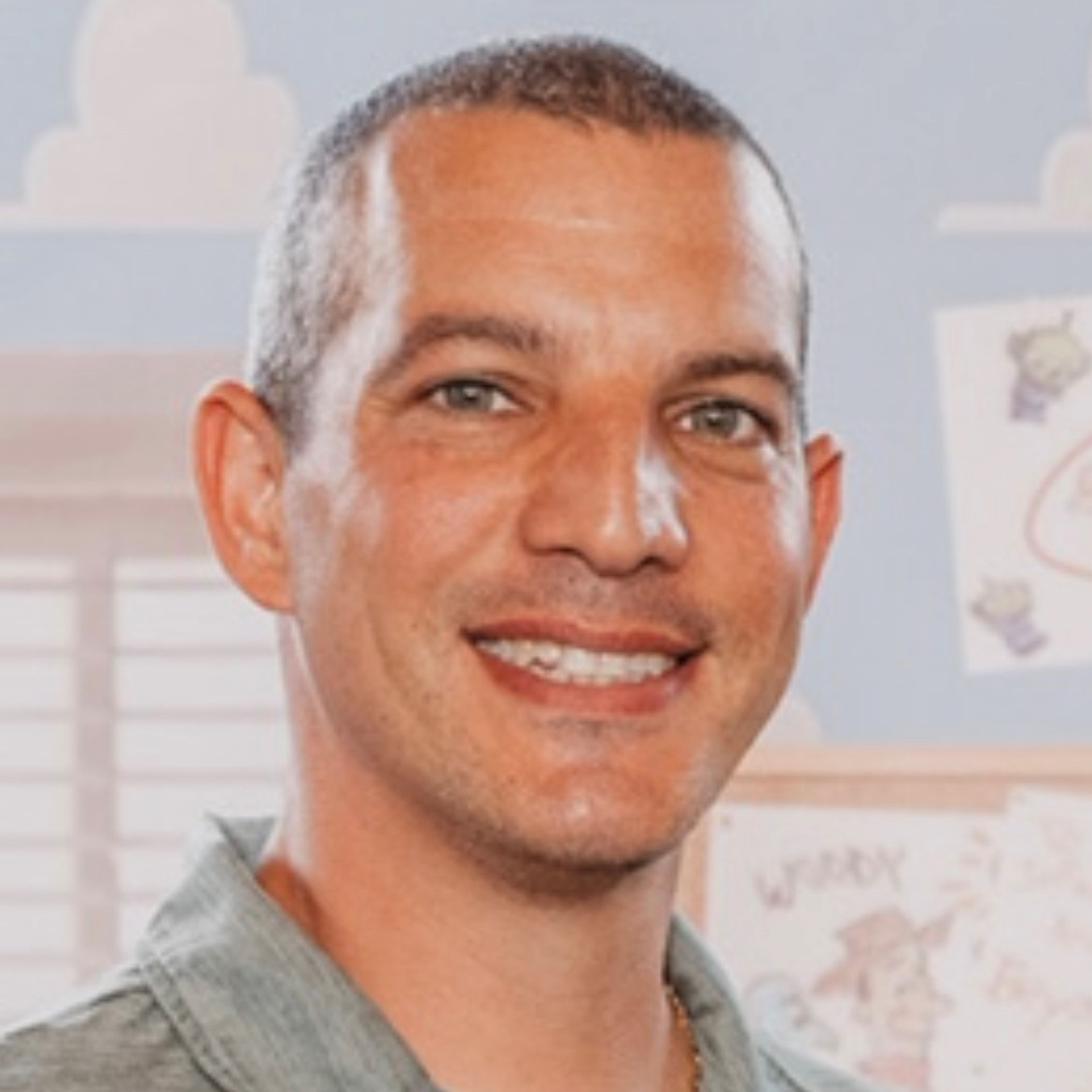
Presenter(s)
Event Details
Topic:
accessibility & UDL
Format:
lecture
Subject Level:
beginner
Age Span:
infant / toddler
preschool
kindergarten - grade 6
grades 7-12
adult
Target Audience:
AT specialist
consultant
educator
family member / caregiver
K-12 administration
occupational therapist
paraprofessional
physical therapist
special educator
speech language pathologist
teacher of the visually impaired
university professor / personnel
vision impairment specialist
Professional Development Credits
IACET CEUs:
.01 CEU
ACVREP CEs:
1 CE
Presentation Length: 1 hour
Date and Time (Central Daylight Time):
- October 22, 2025
- 3:00 PM - 4:00 PM
Location:
Bloomington
Description:
Persons with disabilities aiming to achieve greater independence by accessing ADLs, environmental control, communication, mobility, technology, and play, often face a variety of geographic, financial, and bureaucratic barriers. In this session, participants will learn the how and why of Open AT, and how these principles can help overcome these systemic hurdles. The presentation will introduce participants to the use of 3D printing as a method of fabricating and customizing assistive technology. Participants will learn introductory concepts of 3D printing, including types of printers, materials used, and their applications. Open-source repositories where existing assistive technology projects can be downloaded and customized will be explored. Participants will be provided with various resources for 3D modeling and printing to design their inclusive technology tools.
Learning Outcomes:
As a result of this activity, participants will be able to:
• Verbalize the needed tools and steps for fabricating 3D-printed assistive devices.
• Define the three guiding principles of Open AT.
• Describe at least one advantage and one disadvantage of using 3D printing as a means of fabricating custom assistive technology tools.
Disclosures:
Staff OT at Henry Viscardi School

Leave A Comment
You must be logged in to post a comment.